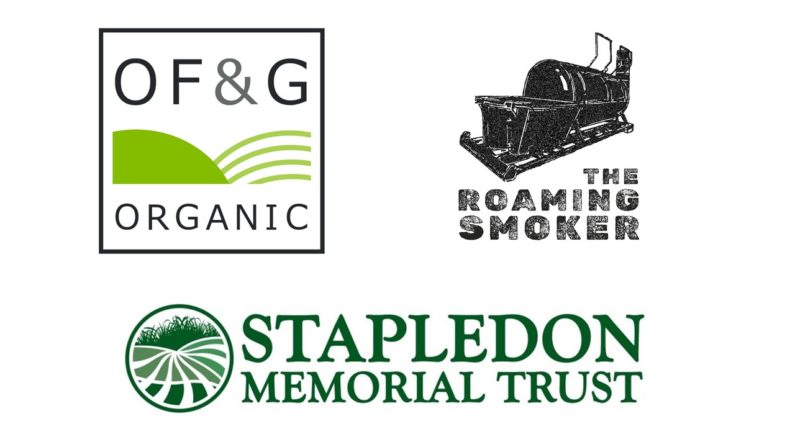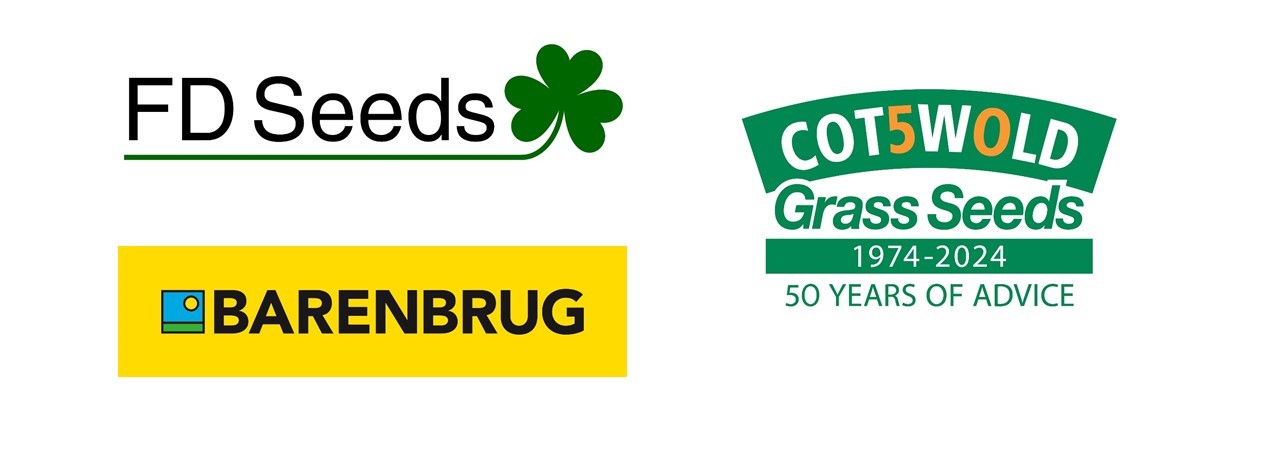Summer Meeting 2024
Summer Meeting 2024 – Hampshire, Dorset and West Sussex
The BGS Summer Meeting 2024 took place from Tuesday 2 July to Thursday 4 July.
The base for the meeting was The Potters Heron Hotel, Ampfield, Romsey, Hampshire.
To view photos from the event, click here.
Day 1 – Tuesday 2 July – Hampshire
Arrival and lunch at The Potters Heron Hotel
Farm 1: Folly Farm (Oli Chedgey) – Dairy farm. Roaming Dairy Ltd, Kingsclere Estates Ltd
BBQ supper then return to hotel
Day 2 – Wednesday 3 July – Dorset
Farm 1: North House Farm (Peter Snell) Herbage seed production
Farm 2: Hemsworth Farm (Sophie Alexander) Dairy farm
Farm 3: Launceston Farm (Jimi Collis) Organic beef and arable farm
Return to hotel for BGS Annual Dinner
Day 3 – Thursday 4 July – West Sussex
Farm 1: Marshalls Farm (Jeremy Way and Kate Lywood) Dairy farm
Farm 2: Linch Farm (Andrew Hodgkins) Sheep flock
N.B. Further details about the farms can be found below the map.

**Hidden**
Day 1 - Tuesday 2 July - Hampshire
Folly Farm, Kingsclere Estate, Ramsdell
Oli Chedgey set up the Roaming Dairy Limited in 2017 on the Kingsclere Estate on a share farming basis, integrating the dairy system with organic arable farming. The cows are outwintered. Calving begins in March, and cows are dried off on 1 December. The milking parlour is a mobile unit, and cows are milked once a day. The cows are grazed on herbal leys, which form part of the rotation on the Estate. Following the tour of the farm we will enjoy a BBQ with local beer and a view across the surrounding countryside, before returning to the hotel.
Day 2 - Wednesday 3 July - Dorset
Farm 1 – North Farm, Horton
Peter Snell started growing amenity and agricultural grass seed in 2016 as part of the arable rotation. Spring Barley is undersown with perennial ryegrass and following the barley harvest the grass seed is combined for two successive years before the crop is removed. Around 1.75 – 2.00 t/ha of seed is produced in year 1, and around 1.25 t/ha in year 2. Sheep are overwintered on the grass to aid the control of broad leaved weeds and to encourage tillering. Two different methods of grass seed harvesting are used at North Farm – either a stripper header, or mowing followed by pick up header. Grass seed is then dried down to 13% on the farm.
Farm 2 – Hemsworth Farm, Witchampton
Sophie Alexander runs an integrated organic system with a herd of 250 Viking Red dairy cows at the centre. Cows calve in a spring block from late February, and are milked twice/day, with the current parlour having been installed four years ago. The cows are grazed on herbal leys, and are outwintered on herbal leys that are in their final year. A silage mix containing crimson clover, red clover, vetch and ryegrass is grown. An area of silvopasture is being planned, to provide shade and shelter for the cows.
Farm 3 – Launceston Farm, Tarrant Launceston
Jimi Collis runs a herd of 130 spring calving and 130 autumn calving Stabiliser cows. They are run organically on the farm, grazing on permanent pasture and herbal leys. Around 90% of the cattle on the farm are outwintered, on deferred grazing of species-rich grassland, herbal leys and red clover silage leys. A continually evolving bale grazing system has been developed over the last 5 years. Cattle may need to be housed for around a month in the spring to allow for arable operations to be carried out. A major focus is around farming with nature; with hedge restoration, shelter belts and wildlife corridors being established over recent years. Around 30 educational visits, mostly from primary school children, are hosted by the farm.
Day 3 - Thursday 4 July - West Sussex
Farm 1 – Marshalls Farm, Kirdford
Jeremy Way and Kate Lywood, who were runners up in the BGS Grassland Farmer of the Year competition in 2022, run a herd of 320 spring calving crossbred cows, utilising Friesian, Norwegian Red and Jersey genetics. They converted to organic in 2021. Sexed semen is used to produce heifer replacements, and beef cross calves are sold to a local buyer as soon as possible. Periods of drought are likely in the summer, and the cows are grazed on brassicas during this time. Herbal leys are drilled in the autumn and include drought-tolerant species. Mitigations against heat stress have been taken in the collecting yard, with ceiling-mounted fans and a misting spray.
Farm 2 – Linch Farm, Bepton
Andrew Hodgkins runs a flock 4500 New Zealand Romneys, and a herd of 280 Sussex and Belted Galloway suckler cows, although cow numbers are being reduced. Sheep graze on permanent pasture on the South Downs, and rotate around cover crops over the winter. Lambing takes place outdoors in April, and calving follows in May. Herbal leys are grown, and lambs move on to these after weaning. Beef and lamb are supplied year-round to the farm shop on the Cowdray Estate, one of Andrew’s landlords.

The British Grassland Society were delighted to work with Organic Farmers and Growers CIC as part of the BGS 2024 Summer Meeting. Sharing key common aims of profitable and sustainable use of grass and forage, the two organisations came together on the afternoon of 2 July 2024 at Tim May’s Kingsclere Estate in Hampshire to share knowledge and ideas as part of the OF&G National Organic Conference. Kingsclere Estate has developed an economically diverse and resilient farm business working alongside the Roaming Dairy Limited run by Oli Chedgey.

Meeting sponsors


